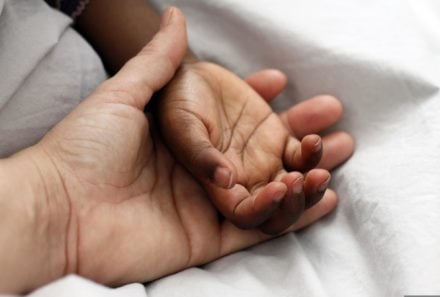The Complicated Heart of Birth Mother’s Day

Every year, the Saturday before Mother’s Day quietly passes by for most people. But for a specific group, it’s marked with deep reflection, pain, love, and a tangle of emotions. It’s Birth Mother’s Day—a day set aside to honor women who have placed their children for adoption.
What Is Birth Mother’s Day?
Birth Mother’s Day was created in 1990 by a group of birth mothers in Seattle as a way to acknowledge their unique experiences and the role they still hold, even if not in a day-to-day parenting sense. The idea was to carve out space for recognition and healing. Many birth mothers feel left out of traditional Mother’s Day celebrations, and this day aimed to give them their own moment of remembrance and respect.
Why Some People Appreciate It
For some, Birth Mother’s Day is a rare opportunity to be seen. It can be a validating experience—a day where their grief, sacrifice, and love are acknowledged. In adoption circles, especially open adoptions, some adoptive families even reach out to birth mothers on this day to express gratitude and maintain that connection.
But It’s Not Simple
Despite its intentions, Birth Mother’s Day is not universally embraced. In fact, for many, it feels like a painful reminder or even a form of exclusion.
Here’s why:
- It Feels Like a Consolation Prize: Some birth mothers feel like having a separate day implies they don’t “qualify” for Mother’s Day itself. It can feel like a label that sets them apart from other mothers—less than, or othered.
- It Reopens Wounds: Grief doesn’t follow a schedule. But for some, this day brings emotional weight they’ve worked hard to carry. The reminder can be triggering, especially if they’re not in contact with their child or if the adoption experience was traumatic.
- Lack of Awareness and Support: Since it’s not widely recognized, many birth mothers feel isolated rather than celebrated. The lack of broader cultural acknowledgment can make the day feel performative or even hollow.
- The Language Can Be Complicated: Not everyone identifies with the term “birth mother.” Some prefer “first mother,” “biological mother,” or other terms that better reflect their personal identity and relationship to the child.
The Bigger Picture
Adoption is complex. So are identity, grief, and motherhood. While some find solace in Birth Mother’s Day, others choose to ignore it, celebrate on Mother’s Day, or not mark the occasion at all. And that’s okay. There’s no right or wrong way to feel.
Maybe the most important thing we can do is listen—to make room for the stories that often go unheard, to offer empathy without assumptions, and to remember that motherhood takes many forms.






